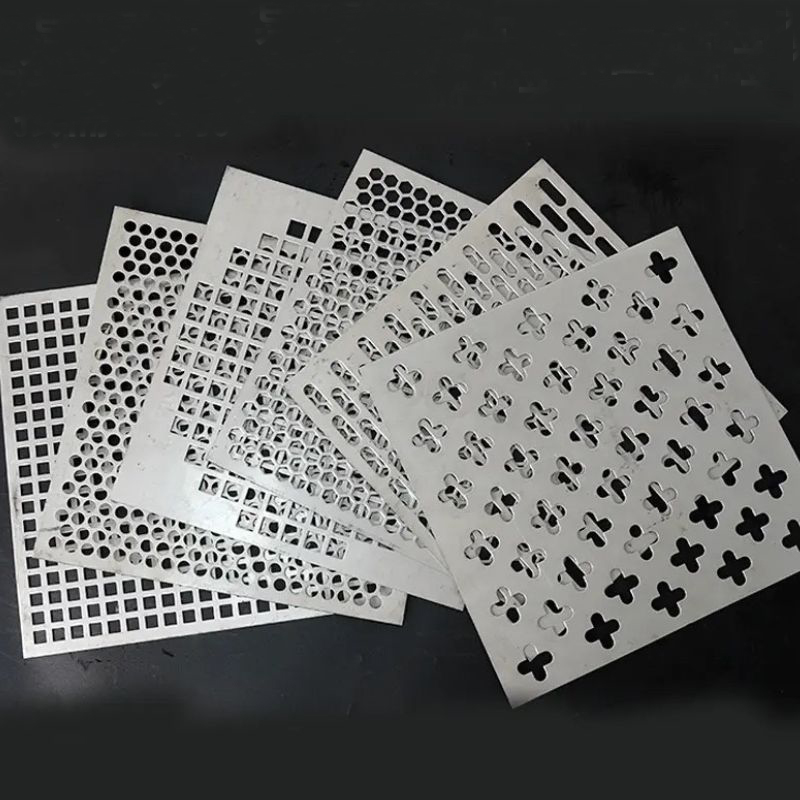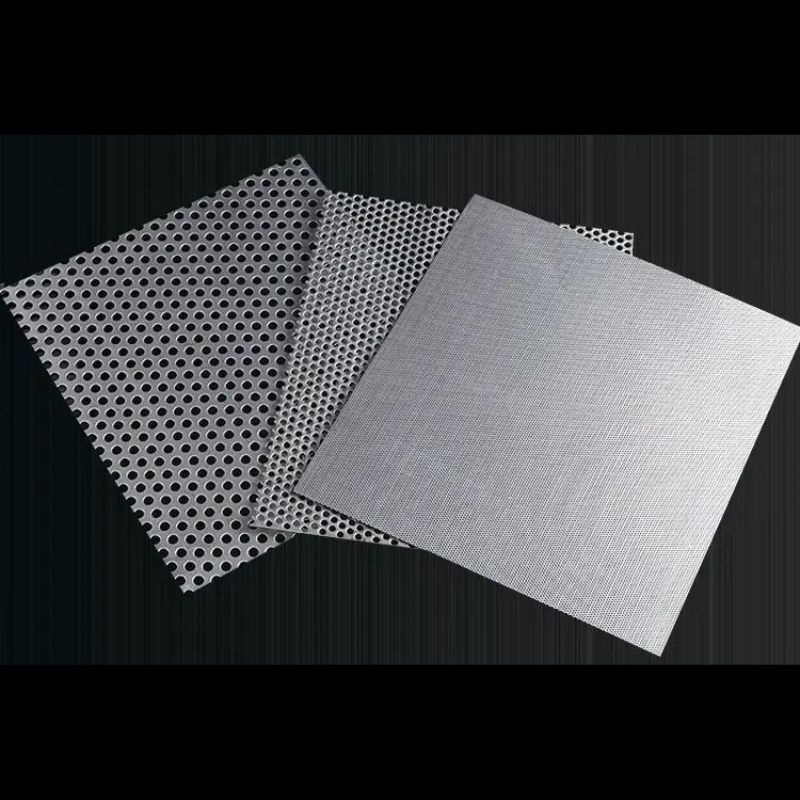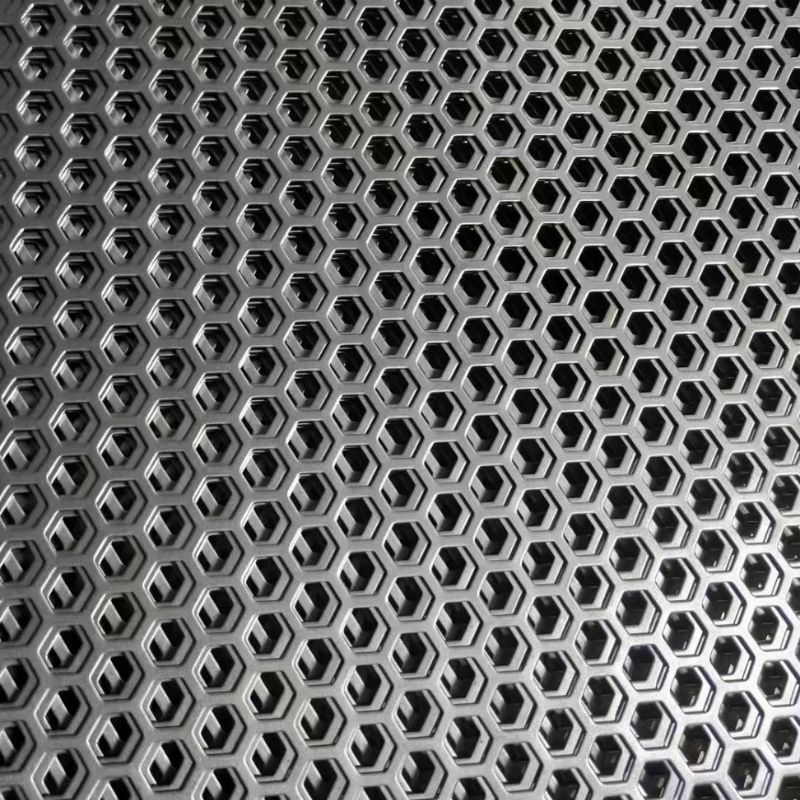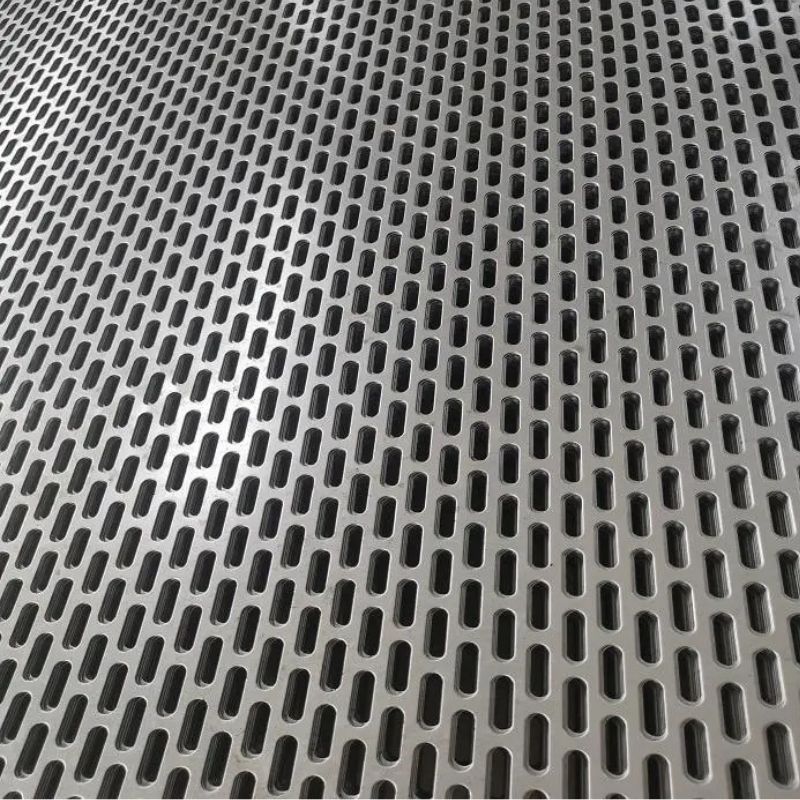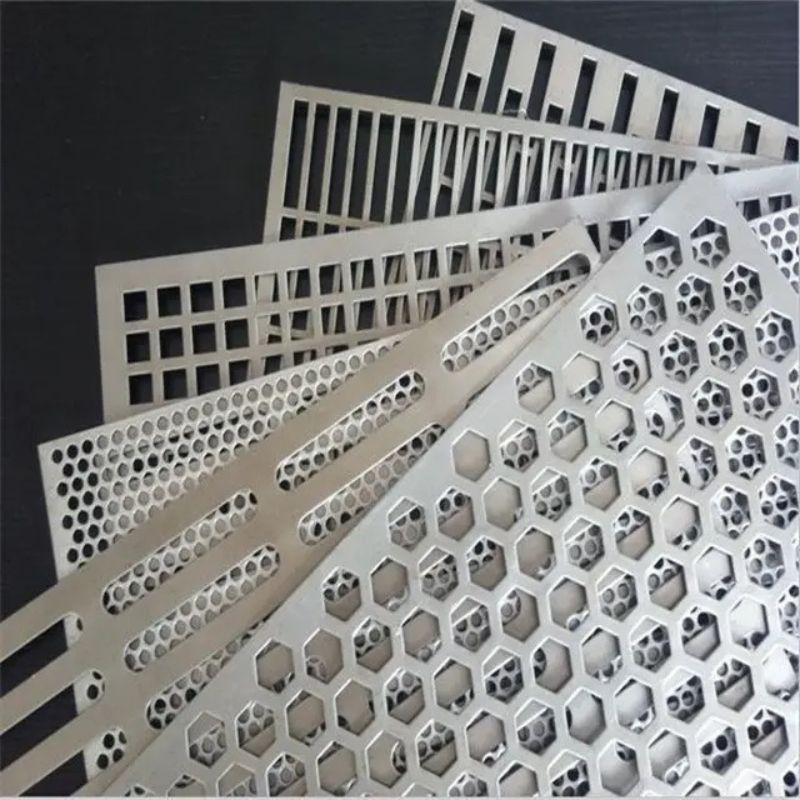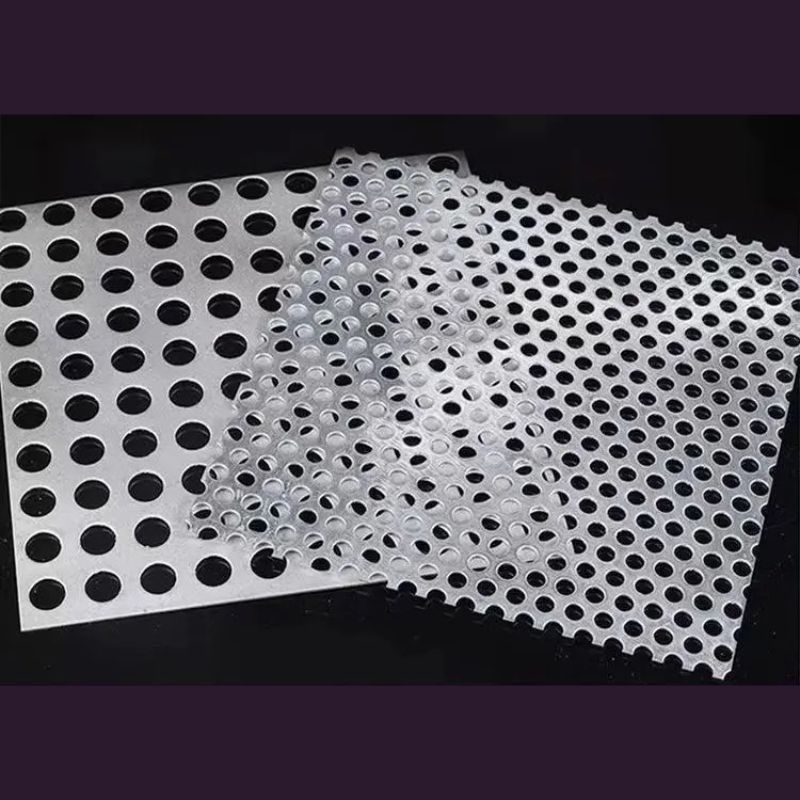Perforated Filter: Precision Filtration for Industrial and Commercial Excellence
Introduction to Perforated Filters
A perforated filter is a specialized filtration component constructed from perforated metal sheets, designed with precise hole patterns to allow controlled passage of air, liquid, or solids. Known for their strength, durability, and high-performance efficiency, perforated filters are widely used across diverse industries such as oil and gas, food processing, pharmaceuticals, automotive, and water treatment.
These filters offer customizable flow characteristics, robust mechanical properties, and long-term resistance to extreme operational conditions. Whether it’s for coarse separation or fine filtration, perforated filters stand as a trusted solution in modern filtration technology.
Why Perforated Filters Are Essential
1. Superior Mechanical Strength
Unlike mesh or woven wire alternatives, perforated filters are fabricated from solid metal sheets, which means:
-
Enhanced pressure resistance
-
Higher load-bearing capability
-
Impact and wear resistance
-
Longer lifespan in harsh environments
This makes them the preferred choice in high-demand industrial processes.
2. Customizable Flow and Filtration Control
With a wide variety of hole shapes, sizes, and patterns, perforated filters can be tailored to meet precise performance requirements, including:
-
Fluid velocity control
-
Debris and particulate exclusion
-
Optimized throughput rates
-
Specific micron retention ranges
Filters can be designed for coarse screening or refined filtration, depending on the application.
3. Easy Cleaning and Maintenance
Thanks to their solid structure, perforated filters:
-
Resist clogging
-
Can be backflushed or pressure-cleaned
-
Are reusable and recyclable
-
Require less frequent replacements
This results in lower operating costs and minimal downtime.
Common Applications of Perforated Filters
1. Oil, Gas, and Petrochemical Industry
Perforated filters are extensively used in:
-
Pipeline strainers
-
Separator vessels
-
Gas scrubbers
-
Pre-filtration units
They help in removing particulates and contaminants to protect equipment and improve product purity.
2. Water and Wastewater Treatment
In environmental and municipal systems, they are used for:
-
Coarse filtration of solid waste
-
Sand and sediment exclusion
-
Drainage media filters
-
Pump and valve protection
Stainless steel perforated filters ensure corrosion resistance and hygienic performance.
3. Food and Beverage Processing
Hygienic-grade perforated filters are ideal for:
-
Juice and pulp separation
-
Milk processing and cheese making
-
Beer and wine filtration
-
Cooking oil recovery systems
These filters comply with strict sanitary standards and are easy to sterilize.
4. Pharmaceutical and Chemical Industries
Precision-engineered filters are used in:
-
Chemical reactors
-
Powder separation units
-
Air purification systems
-
Sterile processing equipment
They offer exact filtration tolerances and chemical compatibility.
5. Automotive and Heavy Equipment
Perforated metal filters are installed in:
-
Hydraulic systems
-
Fuel filtration units
-
Air intake and exhaust filters
-
Engine oil screening
They ensure machine longevity and system reliability under high-stress conditions.
Materials Used in Perforated Filters
1. Stainless Steel (304, 316)
-
Corrosion-resistant and hygienic
-
Withstands high temperatures and pressures
-
Ideal for food, pharma, and marine environments
2. Carbon Steel
-
High strength and cost-effective
-
Suitable for industrial and mechanical systems
3. Aluminum
-
Lightweight and corrosion-resistant
-
Common in HVAC, automotive, and aerospace sectors
4. Brass and Copper
-
Excellent for decorative and antimicrobial applications
-
Often used in laboratories and boutique filtration systems
Types of Perforated Filters
1. Perforated Tube Filters
Cylindrical filters with uniform perforation around the surface, used in:
-
Oil strainers
-
Liquid flow systems
-
Dust collectors
They are easy to mount and provide 360° filtration.
2. Perforated Cone Filters
Designed for precision flow direction and minimal pressure drop, used in:
-
Spray systems
-
Mixing tanks
-
Jet engines and high-pressure valves
3. Flat Panel Perforated Filters
Used for:
-
Ventilation panels
-
Wall-mounted filter assemblies
-
Screening plates
These are often custom-cut and framed for easy integration.
4. Layered Perforated Filters
Combine perforated sheet with wire mesh or filter media, offering:
-
Multi-stage filtration
-
Improved particulate retention
-
Enhanced flow dynamics
Perfect for demanding chemical and pharmaceutical processes.
Hole Shapes and Patterns
Common Hole Types:
-
Round holes: Most common, ideal for uniform flow
-
Square holes: Higher open area, more aggressive screening
-
Slotted holes: Directional flow and increased throughput
-
Hexagonal holes: Maximum open area, honeycomb structure
Pattern Layouts:
-
Straight row: Clean and predictable flow
-
Staggered: Higher strength and filtration area
-
Custom patterning: Designed for brand aesthetics or performance tuning
Finishing and Treatment Options
-
Electropolishing: Removes sharp edges and improves sanitation
-
Galvanizing: For rust resistance in steel filters
-
Anodizing: Especially for aluminum filters, improves corrosion resistance
-
Powder Coating: Adds color and protective layer
-
Teflon Coating: For anti-stick applications
Selecting the Right Perforated Filter
When choosing a perforated filter, consider:
-
Medium type: Liquid, gas, or particulate?
-
Desired micron rating: How fine must the filtration be?
-
Flow rate requirements: Higher flow needs wider holes or more open area
-
Material compatibility: Will it be exposed to chemicals, moisture, or heat?
-
Mounting and integration: Does it require special housing or seals?
-
Certifications: Especially for food-grade or medical use
Conclusion
The perforated filter stands at the crossroads of engineering precision and filtration performance. Its ability to adapt to a vast array of applications, from industrial-scale oil refining to boutique beverage filtering, makes it one of the most dependable and versatile filtration solutions available today.
Whether you’re designing a high-volume liquid separation system or a cleanroom-grade air filter, a perforated metal filter delivers long-lasting performance, reliability, and design flexibility.

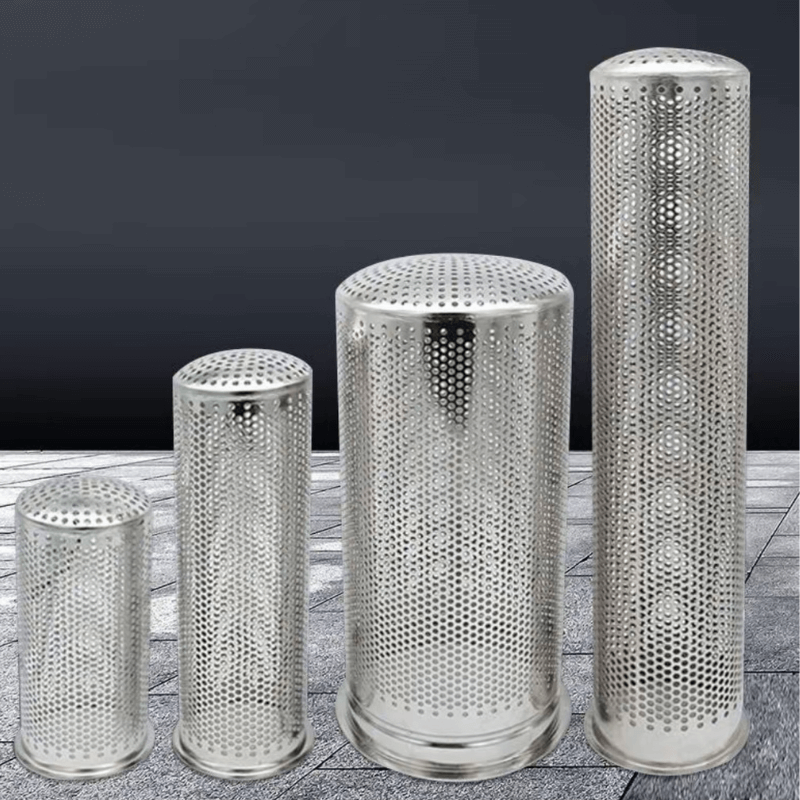
 casssia@yoyimachinery.com
casssia@yoyimachinery.com 